IWMI Pakistan sensitizes media on Pakistan’s water security challenges
Daily Times, June 5, 2022
The International Water Management Institute (IWMI) Pakistan celebrated World Environment Day by organizing a media workshop at its head office in Lahore.
Journalists from print and electronic media attended the workshop, who were sensitized on Pakistan’s water security challenges and the need to protect the most vulnerable from water scarcity and deterioration of water resources.
World Environment Day is celebrated every year on 5 June to raise awareness for the conservation of planet earth. The theme for this year’s World Environment Day is ‘Only One Earth’ to call for collective, transformative action on a global scale to celebrate, protect and restore our planet.
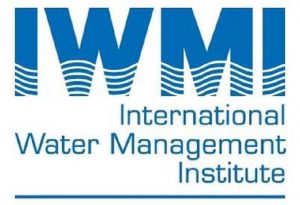
‘Only One Earth’ was also the slogan for the first UN conference on the Human Environment held in Stockholm in 1972, which led to the establishment of World Environment Day. Led by the United Nations Environment Programme (UNEP), World Environment Day is held annually on 5 June since 1974 and is the largest global platform to rally public support for the conservation of environment. This year, World Environment Day is being hosted by Sweden.
Dr. Mohsin Hafeez, Country Representative – Pakistan and Regional Representative – Central Asia, IWMI gave a presentation on the prevailing water crisis in Pakistan and how it is taking toll on remote communities. According to him, “Pakistan’s population is increasing at 2.40% annually, which is the highest in South Asia and is adding pressure on water resources. Similarly, the agriculture sector receives 90% of water share, and water demand from agriculture and other sectors is also increasing. This is further compounded by the fact that Pakistan is among the top 10 countries most vulnerable to climate change. Our increasing dependence on the Indus River for our water requirements has also made us vulnerable to climatic shocks. Having a Water-Energy-Food-Ecosystems (WEFE) nexus approach is critical to rural livelihoods, food and nutrition security and economies.”
Dr. Mohsin Hafeez also shared the salient features of the new research for development program “NEXUS Gains for the Indus Basin: Realizing Multiple Benefits Across Water, Energy, Food and Ecosystems (Forests, Biodiversity)” which is currently being implemented across Pakistan, Ethiopia, India, and Nepal, and aims to realize gains across water, energy, food and ecosystems – with a focus on forests and biodiversity for the ecosystem component – in selected trans boundary river basins by leading global nexus thinking and providing tools, guidelines, training and facilitation for analysis and research for development.
The NEXUS Gains initiative in Pakistan focuses on the Indus Basin to improve integrated management of water, energy, food, land, biodiversity and forests for inclusive, sustainable development in the wake of climate change. The key highlights of the NEXUS Gains initiative were also shared with the participating journalists.
Habib Ullah Bodlah, Chief Engineer Lahore, Punjab Irrigation Department (PID) informed the journalists regarding the water security situation in Punjab. According to Habib Ullah Bodlah, “Snowmelt significantly contributes to river flows in Pakistan but this year as the temperature is not high in northern areas, snowmelt has been less which has led to 50% water shortage in our canal system. Effective management of water resources is crucial, as water in Mangla and Tarbela dams is on dead level.”
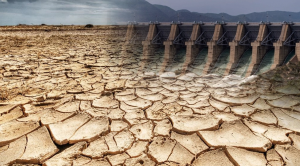
Habib Ullah Bodlah also added that Pakistan needs more dams to store water. He said, “Climate change is a reality and rainfall patterns are getting erratic in our country. By developing more water storages and on farm water management practices, we can make our agriculture sector resilient to climate change.”
A presentation on water security challenges from economic perspective was shared by Dr. Nadeem Javaid, Professor of Economics & Strategy, Karachi School of Business & Leadership (KSBL). According to him, “We have sufficient water resources but they are not managed properly. Climate change is making river flows and rainfall patterns erratic. The situation calls for developing water storages to meet water requirements. This should be further complemented by rainwater harvesting at the household level and further incentivizing this technology for mass scale adoption.”



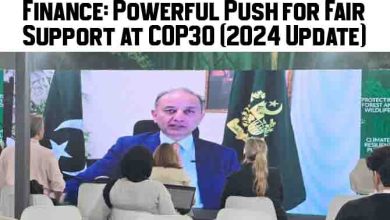


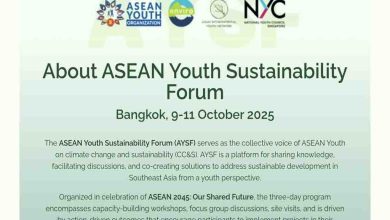
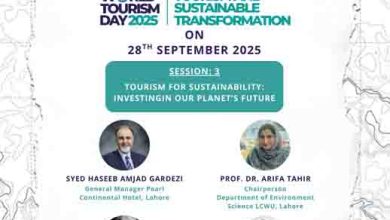
**mitolyn official**
Mitolyn is a carefully developed, plant-based formula created to help support metabolic efficiency and encourage healthy, lasting weight management.